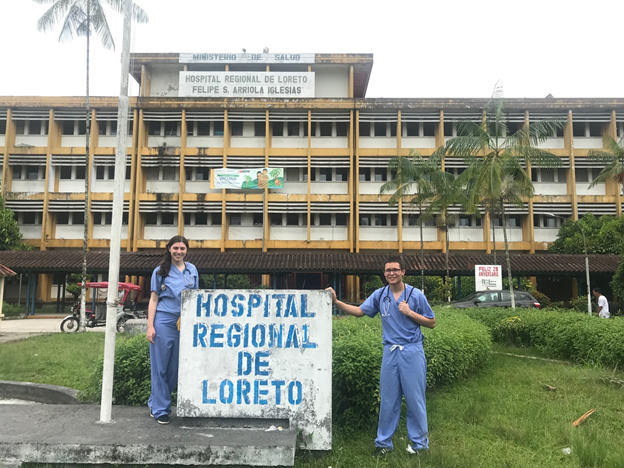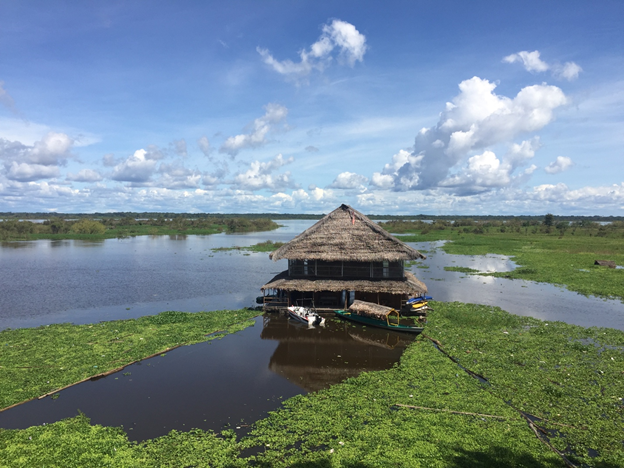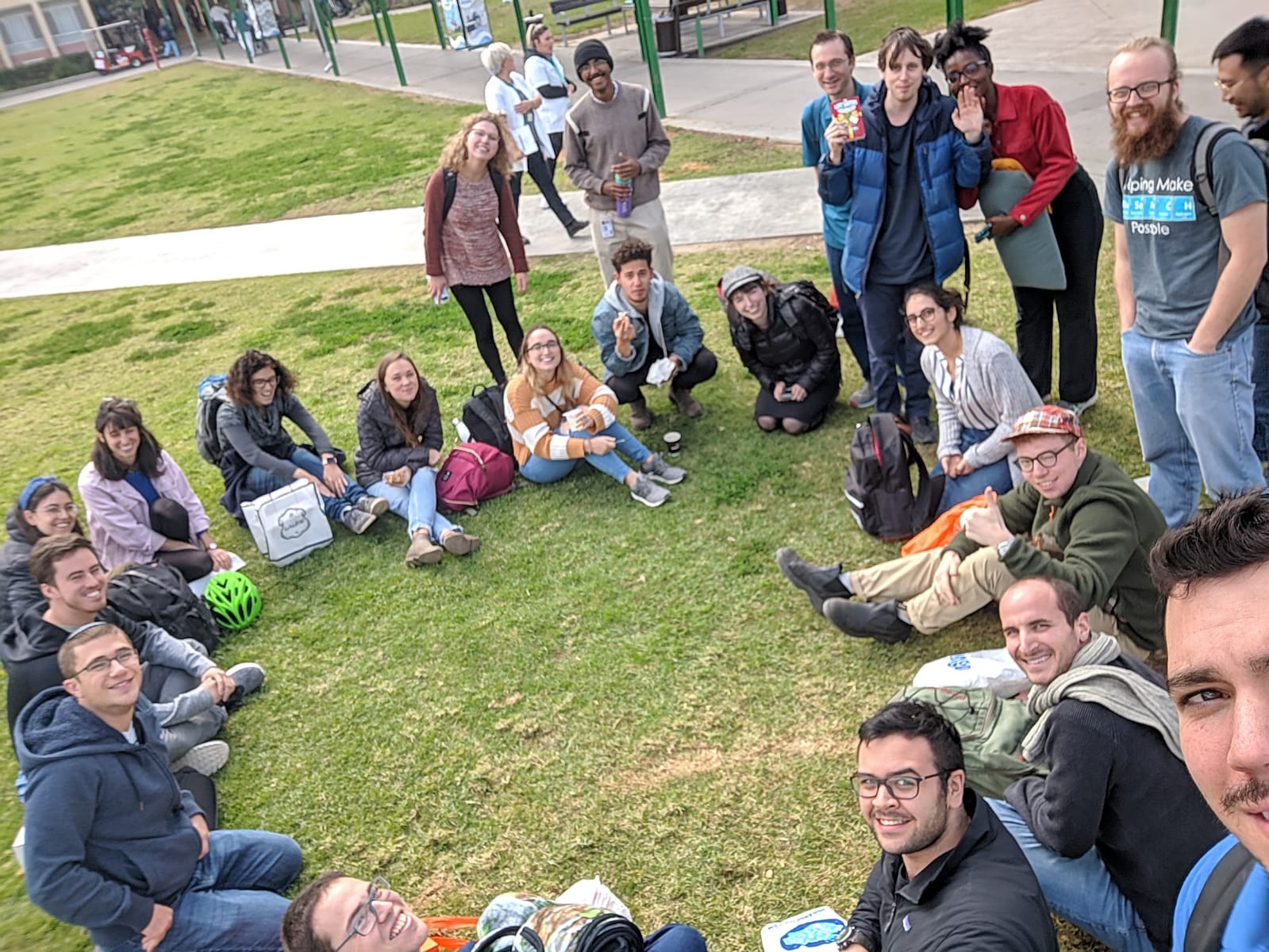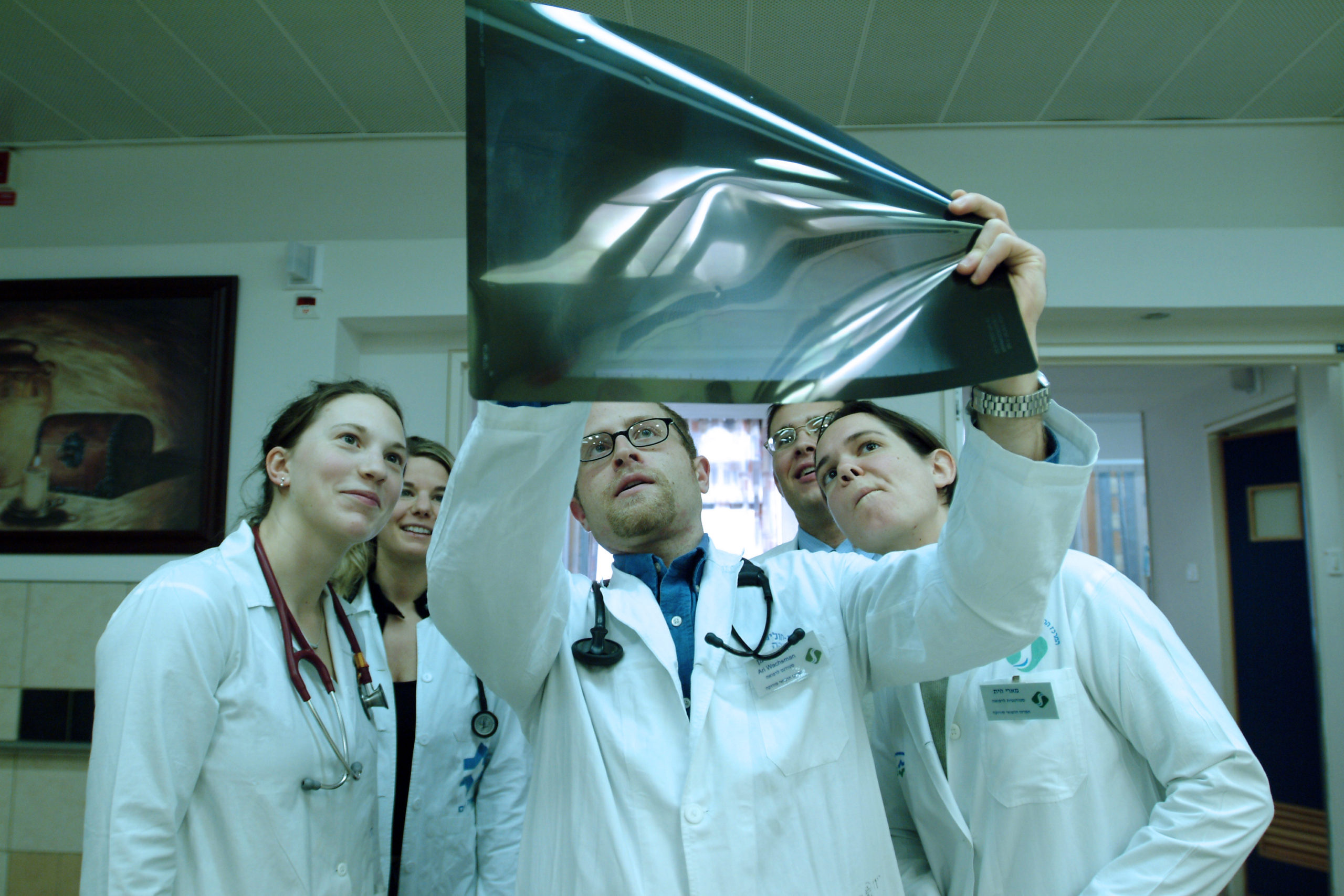Since its inception more than 20 years ago, MSIH has been associated with Columbia University College of Physicians and Surgeons. Columbia assists MSIH students in finding placements for 4th year US Clerkships for international medical students, Columbia faculty visit MSIH to deliver lectures and courses, and several Columbia students have taken electives at MSIH’s principal clinical site, Soroka University Medical Center.
CU Students Join MSIH Clinical Clerkships in Resource-scarce settings
One of the exiting MSIH-Columbia connections is the availability to Columbia University medical students to participate, along with MSIH students, in their 4th year international clerkship. This eight-week clinical experience places students in a resource-scarce medical setting, at one of MSIH’s partner institutions. For MSIH students, this is a highlight of their studies. Apparently, from the account presented by Columbia students, Matt Johnson and Julia Bensimon who participated in 2019, for them it was too. This is their description:
Global health elective in Iquitos, Peru
The opportunity to do a global health rotation in Peru was the highlight of fourth year and one of the most memorable experiences of medical school. Julia and I spent three weeks working at the Hospital Regional de Loreto in the city of Iquitos and got to work on a variety of medical services. Julia is a future pediatrician and was primarily on the pediatric service while I spent a week each in the infectious disease ward, the emergency department, and in the operating room with anesthesia.

Iquitos is an amazing and unique city. It is located in northeastern Peru, on the edge of the Amazon river and is the only major city in the region of Loreto. It is also famous for being the largest city in the world that is inaccessible by road. As a result, Hospital Regional de Loreto has to cover a massive area and population, but many of the patients have to travel from isolated villages via boat to seek advanced medical care at this hospital. These journeys can sometimes take days which means that many patients arrived to the hospital with advanced diseases and were very sick. Infectious diseases were extremely common, particularly dengue fever, HIV, and tuberculosis. We also encountered patients with leishmania, leptospirosis, and snake bites, all of which are pathologies that we would be unlikely to see in the United States.
Julia and I both have prior global health experiences, but this was our first time working in an academic setting abroad. This made for a very educational experience as we got to participate in rounds and attend noon lectures in addition to helping with patient care. It was quite a challenge to understand complex pathophysiology in a foreign language, but we both felt that it was an amazing learning opportunity. Over the course of our three weeks, both our clinical knowledge and Spanish language abilities improved significantly.
Although the hospital is considered a tertiary care center, it lacks many of the resources that one would find in a typical US hospital. There was limited imaging available outside of radiographs and lab testing could only be performed on certain days of the week. In some ways, I felt that these restrictions made the residents and attendings at the hospital better clinicians. They had to really think about the value of each test they ordered and also had noticeably superior physical exam skills compared to what I have seen in the states. The residents and attendings also worked incredibly long hours and covered huge numbers of patients. I was shocked when one of the interns told me that they get 5 days off during their entire first year. However, this did not seem to bother him and he was genuinely grateful to have the opportunity to train at the best hospital in the Loreto region. These are just a few of the many moments that demonstrated the impressive knowledge, skill, and dedication shown by the house staff and faculty in Iquitos.
We had such a wonderful time in Iquitos and would like to thank both MSIH and the faculty at Hospital Regional de Loreto for all of their help along the way. In particular, we would like to thank our point person in Iquitos, Dr. Graciela Meza. She organized our schedules, set us up with housing, and constantly checked in on us to make sure everything was going smoothly. This rotation would not have been possible without her. We would also like to thank Dr. Quittell, Lenore Taplitzky, Liora Cohen, and the rest of the MSIH staff for organizing this elective and giving us this opportunity. We hope that future Columbia students will continue to travel to Iquitos to experience this unique city and clinical environment.
We at MSIH welcome Columbia students and Matt and Julia’s above account is proof of the excellent learning opportunity the clerkship for international medical students afford.






